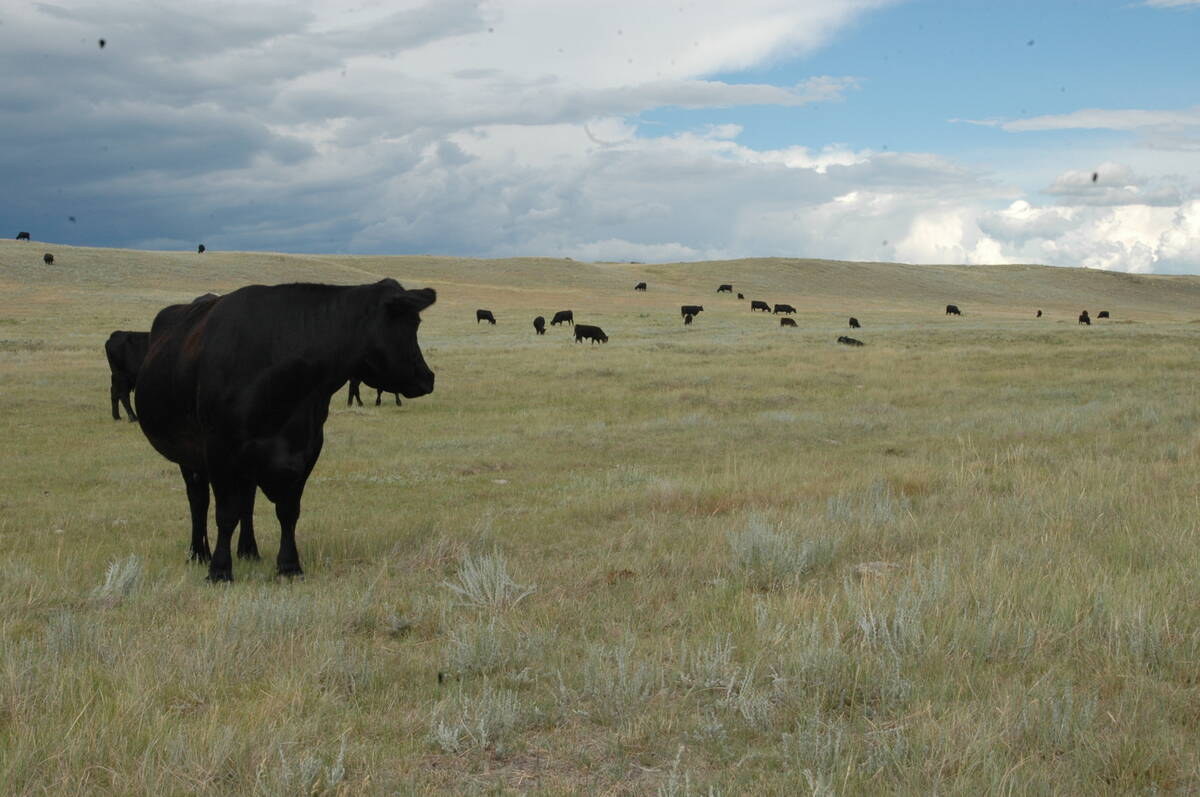Certain animals possess a superior immune system and rarely become ill, and Bonnie Mollard wants to find them.
Mallard, an immune system expert at the University of Guelph, is part of a team of Canadian scientists working on a project to take advantage of livestock with excellent immunity. They are hoping to develop a genetic signature for that desirable trait.
In July, Genome Alberta announced a $9.8-million project to improve disease resilience and sustainability for pork producers. A long list of funders, including Genome Canada, Genome Prairie, Genome Alberta, PigGen Canada, Alberta Livestock and Meat Agency and Saskatchewan Agriculture, are supporting research to develop genomic tools to select and breed pigs with robust immune systems.
Read Also

Saskatchewan Cattle Association struggles with lower marketings
This year’s change in the provincial checkoff has allowed the Saskatchewan Cattle Association to breathe a little easier when it comes to finances.
“What we’re attempting to do is look at resilience across a number of diseases in the commercial setting,” said John Harding, a swine health expert at the Western College of Veterinary Medicine and one of the project leads.
Harding said identifying animals with resistance to a specific disease is relatively easy because scientists can accomplish it with a small number of animals.
Harding and the fellow leaders of this project — Michael Dyck of the University of Alberta and Bob Kemp of PigGen Canada — plan to evaluate the disease resistance of 3,600 pigs.
Seven pig breeding companies that belong to PigGen Canada, an industry research consortium, will contribute animals to the project.
Healthy pigs will be sent to the Deschambault swine centre in Quebec. Once there, they will mingle with pigs at the research farm that have respiratory and intestinal viruses.
“There will be a resident population at that farm that have a number of diseases … just regular hog barn diseases,” Harding said.
The scientists will monitor the pigs brought onto the farm to identify animals that remain healthy despite the disease exposure.
Other scientists on the research team, including Mallard, have developed tests to predict which animals have robust immune systems and which do not.
Mallard patented an immunity prediction tool several years ago called High Immune Response. Canada’s dairy industry already uses it to select cows with superior disease resistance.
Mallard and her colleagues will inject pigs with an antigen, which causes human and animal bodies to produce antibodies to fight the foreign substance.
“They (the antigens) are not live and they’re not pathogenic. We developed antigens that are very safe,” Mallard said.
She and her team uses blood samples to monitor antibody production and identify pigs that are high, average or low immune responders.
Once those tests are done, the pigs will be sent to Deschambault to see if the predictive tool works in a hog production barn.
“What we want to know, is do any of those tests predict survivability or performance when we put the pigs into this high challenged facility?” Harding said.
“If (the test) is able to predict which of the pigs are going to get sick and which ones are going to be robust and healthy … that’s exactly what we want because then the geneticists can track back the genetic correlations.”
The swine experts eventually want to identify genetic markers associated with resistance to a broad swath of diseases.















